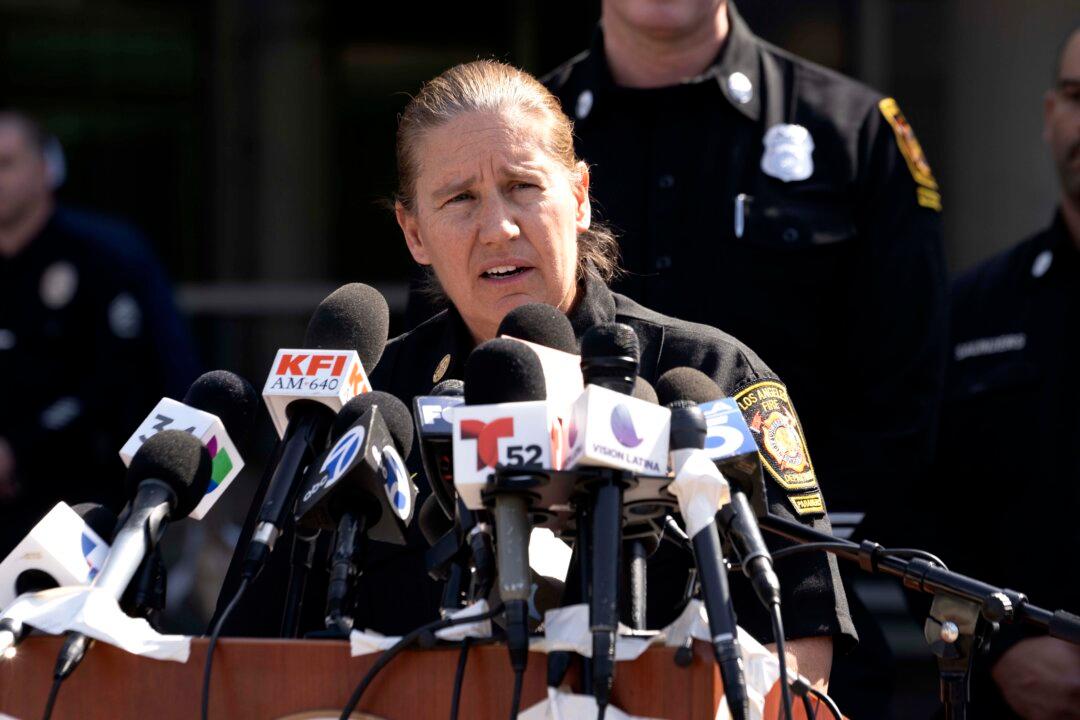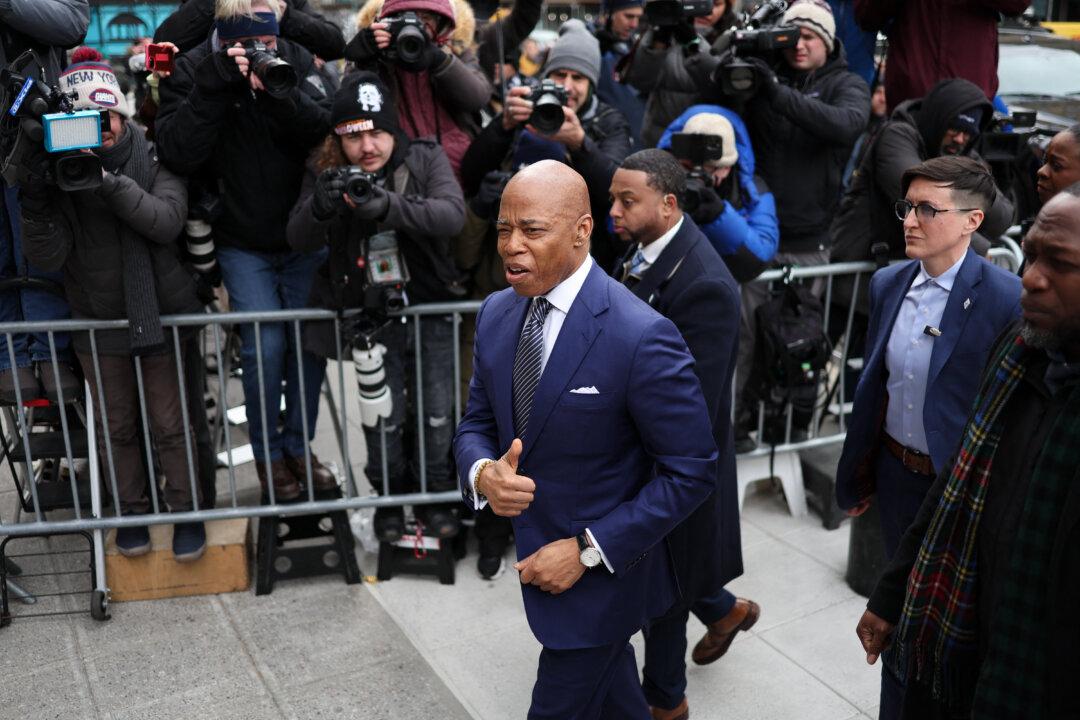The U.S. Supreme Court on Oct. 11 turned away a case that sought to clarify what rights unborn children, or fetuses, have.
Justices rejected an appeal by Catholics for Life and two mothers who challenged a 2019 Rhode Island law, the Reproductive Privacy Act (RPA), that enabled abortions up until birth.
Justices did not say why they rejected the appeal, which came after the case was dismissed by a Rhode Island judge and a subsequent negative ruling from the Rhode Island Supreme Court.
A lawyer for petitioners did not respond to a request for comment. An official with the state did not return a query.
“The Fourteenth Amendment has no textual definition of the term ‘any person’ therein. And it neither includes nor excludes unborn human beings specifically,” the petitioners said in a brief to the court.
“In light of this Court’s decision in Dobbs, and in the absence of any Rhode Island statute establishing when an unborn human being is entitled to the federal guarantees of the due process and equal protection clauses of the United States Constitution, Amendment XIV, this Court should grant the writ to review the constitutionality of Rhode Island’s RPA.”
State defendants did not file a brief with the court.
The RPA repealed laws that prohibited abortion and that had been declared unconstitutional due to Roe, the 1973 ruling that concluded access to abortion was a constitutional right. It also repealed a law that said human life “begins at the instant of conception and that said human life at said instant of conception is a person within the language and meaning of the fourteenth amendment of the constitution of the United States.”
The last ruling in the case came from the Rhode Island Supreme Court in May, before the U.S. Supreme Court struck down Roe.
The state Supreme Court, in upholding a lower court decision, cited how the Supreme Court in Roe concluded that the word “person” in the Fourteenth Amendment “does not include the unborn.”
Justices also found that the mothers lacked standing because they did not assert “a particularly injury” other than being unable to vote against the RPA. Justices also said the unborn children lacked standing because the fetuses did not have any “legal rights or status” under state law that had been found unconstitutional due to Roe, and that the unborn children were not “in danger or somehow threatened as potential crime victims.”





